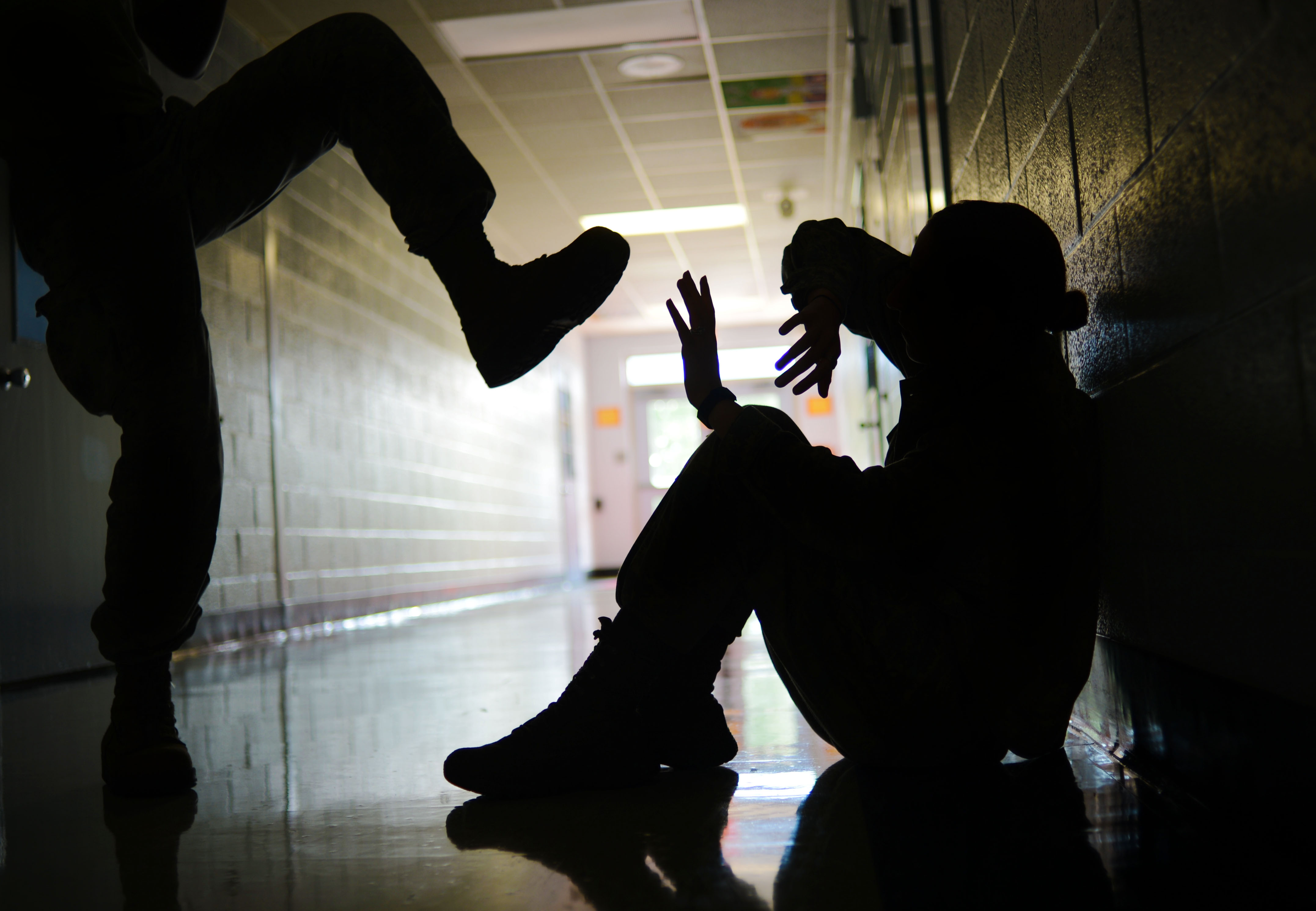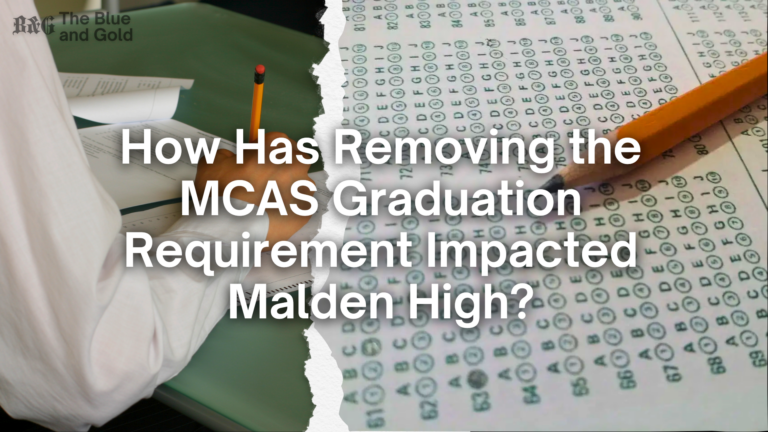
Bullying in sports happens everywhere, whether it is youth, high school, club, college, or even the professional level. Hazing is the most common form of bullying in sports and the phrase “boys will be boys” has become a way to normalize bullying in male competitive sports.

Most would say that locker room talk is acceptable because it’s “just how guys talk” and no harm is meant at all by it, but some athletes, especially student athletes, many of whom are still in their formative years, are deeply affected by it. The line between joking around with teammates and bullying should be very clear to athletes, as behavior like this can be detrimental to a player’s mental and emotional health.
A prime example of blatant bullying in sports is the Jonathan Martin and Richie Incognito incident. In 2012, Martin was drafted into the National Football League (NFL) as a second round pick from Stanford University. Almost immediately after his arrival into the Miami Dolphins, he began experiencing abuse from a fellow teammate, Richie Incognito. Incognito constantly hurled slurs towards Martin, who is a black male and, while Martin was not particularly surprised to hear derogatory talk, he felt as if the insults were solely targeted towards him.
Martin’s mental health spiraled downward as he was diagnosed with depression the following year. The constant mental abuse and torment he encountered towards himself was too much for the Dolphins lineman to handle. Martin soon left the organization after another related incident.
This is exactly what a “little” locker-room talk can do. And proves to show that bullying in sports can also make its way up to the professional leagues. It is important to see that some athletes think that hazing or bullying other teammates helps with team chemistry and helps with performance. On the other hand, some athletes can take the hazing personally and may suffer severe distress from such situations. Statistics show that 40-50% of athletes have experienced mild abuse to severe abuse in their given sports.
Player on player abuse is not the only type as a reported, according to Childhelp Speak Up Be Safe for Athletes, 4% of athletes have experienced abuse from coaches, whether it was being taunted, hit or kicked and 8% of coaches have admitted to encouraging athletes to hurt opponents.
Abuse occurs in all sports and the question at hand now is, how can we help?





